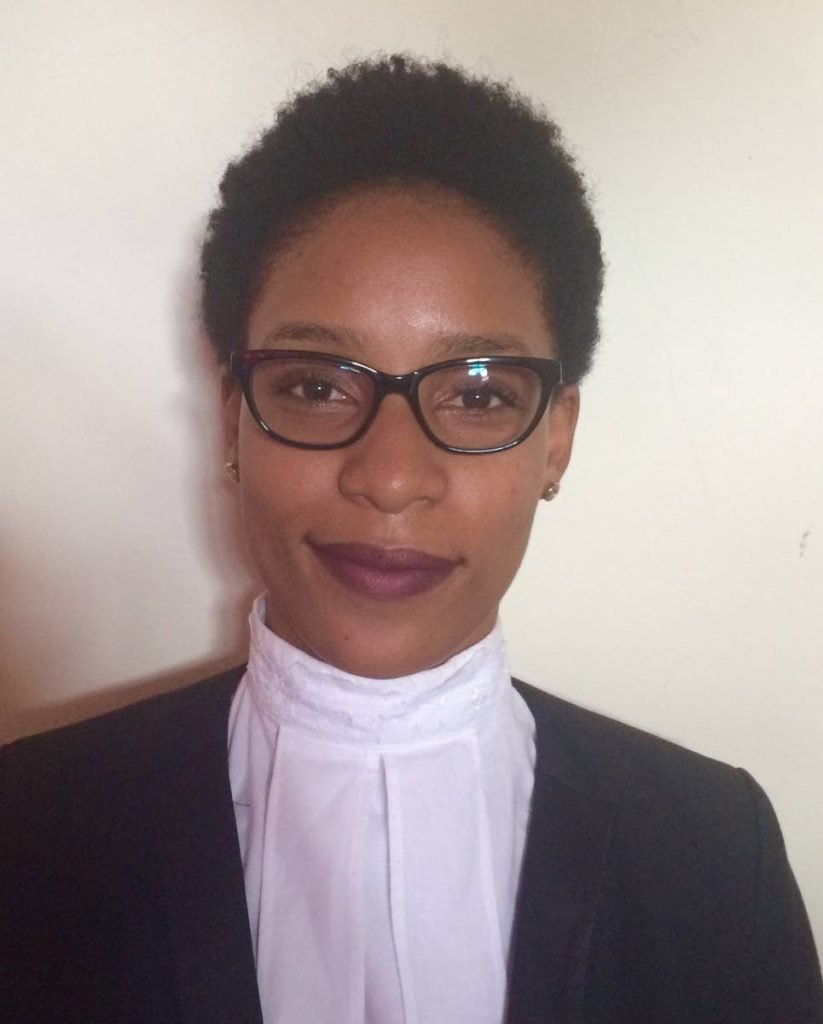The truth about the internet

KANISA GEORGE
Where would we be without Facebook, hotmail and YouTube – without instantaneous sharing and tweets that spark controversy? To be honest, I am not sure. But what I can say is that the world would be a place far less connected than it is right now.
All the positives of modern-day technology aside, there is a noticeable layer of negativity that somehow finds its way into the realm of the digital world. Taking the good with the bad is a well-established ethos of life. But how much is too much, and are we willing to turn a blind eye to those harmful cyber elements that lay in wait in the dark underbelly of the world wide web?
Not only does the internet promote a sense of community, it also showers us with the good, the bad and the ugly. Maybe it's the cloak of invisibility that allows users to parade around easily or the limited reach of law enforcement. Whatever the reason, horrible is frequently on full display on the internet. Cyberbullying, child pornography and cyberstalking are a few evils that top the list. And when the full extent of the dark web comes to mind, well, that's an entirely separate issue. How do laws keep up with the ever-changing internet trends and protect those most susceptible to online dangers?
Cybercrime has sneakily planted its feet in Trinidad and Tobago society. In a place where everything and anything is the subject of a meme, internet users don't seem to think their highly-abusive, vitriol behaviour online could potentially attract criminal culpability.
A 2019 Unicef report highlighted that one in three young people in 30 countries, including TT, said they had been victims of online bullying, with one in five reported having skipped school due to cyberbullying and violence.
Surely some legislations such as the Offences Against the Person Act Chapter 11:08 and the Computer Misuse Act Chapter 11:17 provide a certain level of protection, but not enough to cover the intricacies of the online underworld. Without laws specifically designed to address and cover the various nuances the online world presents; more complex offences would fall between the cracks.
This problem goes much further than hatefully aggressive online commentary. Coming in at left field is the dark web. This is the holy grail of all things dark and nefarious online. Its use can circumvent censorship in certain parts of the world and is a whistle-blower's haven. But for the most part, it facilitates a mass of highly repulsive, exploitative transactions that involve credit card fraud, data hacking, human trafficking, and illegal sales of guns and ammunition.
The dark web is a hidden layer of the web that uses overlay networks and requires specific software, configurations, and in some cases a criminal mind.
This underground empire and the connectivity it provides is not illegal, but plenty of the material and transactions that occur on this platform violate numerous laws.
What attracts shady characters to this dark corner is the level of anonymity provided. Predictors can easily access and target prey by simply hiding behind a user name.
According to one BBC article, there are forums where harrowing images of child sexual abuse and other extreme explicit content are shared or traded. It also acts as an illegal marketplace where banned drugs and weapons are on sale, and anonymous sellers spring up as quickly as they disappear, and payment is generally in cryptocurrency.
The United Nation's Office on Drugs and Crime, in its 2019 annual report, outlined that drug supply via the internet, including via the anonymous online marketplace, the dark net, have increased in recent years. This raises concerns about the potential of the dark net to attract new populations of users by facilitating access to drugs in both developed and developing countries.
The report also highlighted that in order to deal with the growth of illegal activities on the web legislation, technical abilities and capacity building are essential components that must be shared by law enforcement agencies worldwide.
Sadly, the report acknowledged that law enforcement bodies in many countries are still not in a position to deal effectively with the illegal activities that leverage infrastructures on the dark web. It said anonymity of the actors and jurisdictional problems are the most common issues that hinder their efforts.
One thing's for certain, the fight to make the internet a safer place requires deep technological knowledge, legislation and training that would allow agencies to attack the shield of anonymity the internet provides. Regrettably, we, along with the rest of the world are, in some regards, behind in this fight.

Comments
"The truth about the internet"